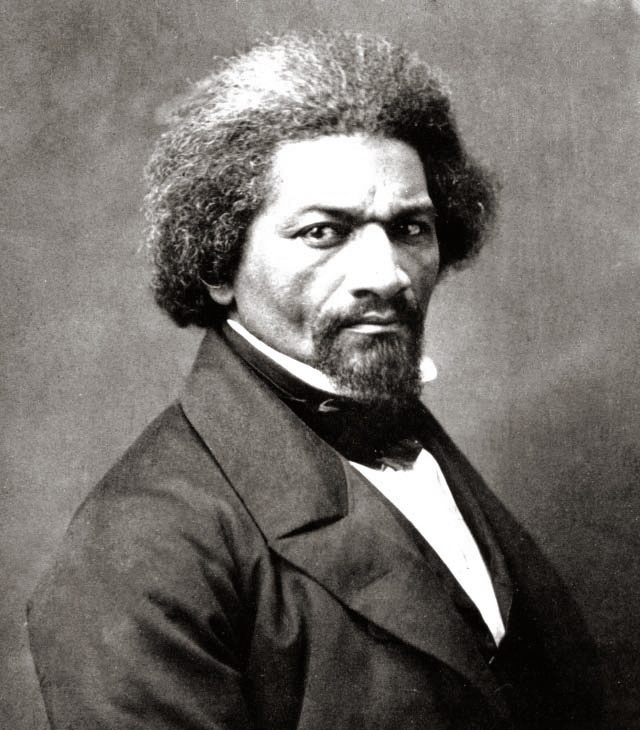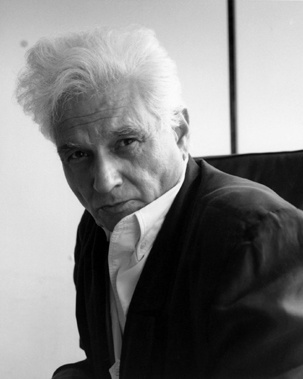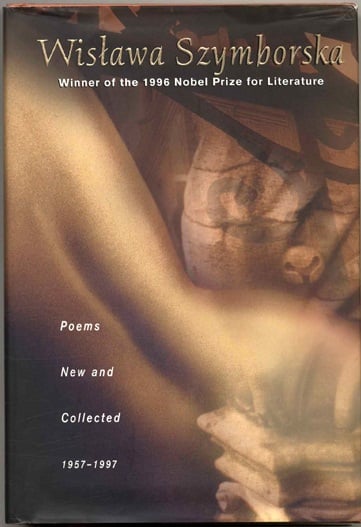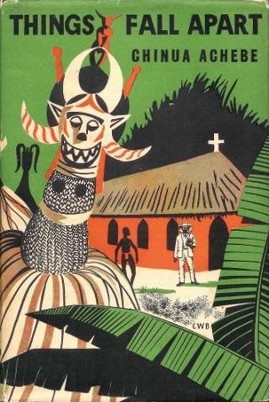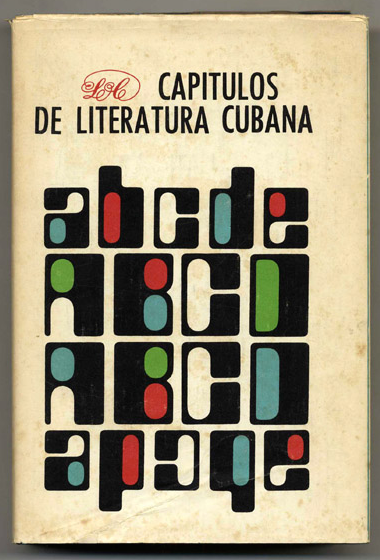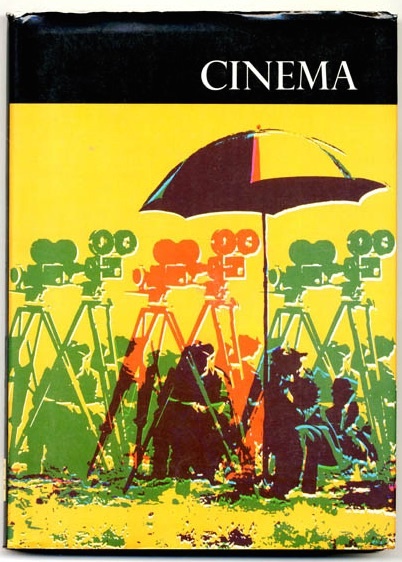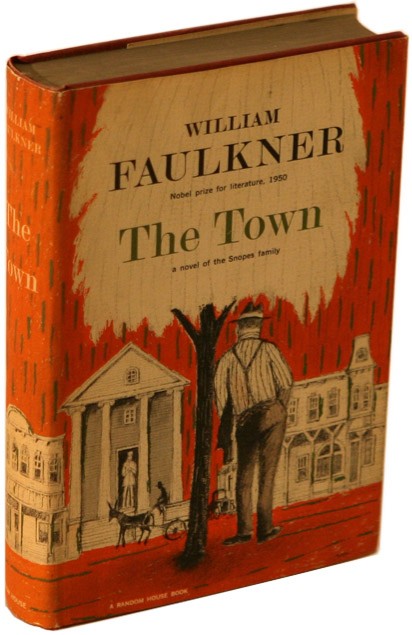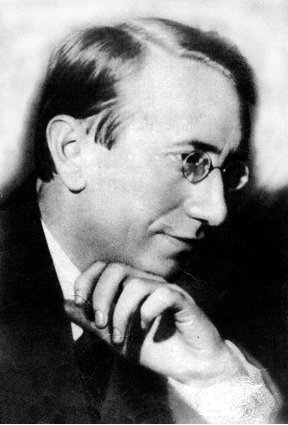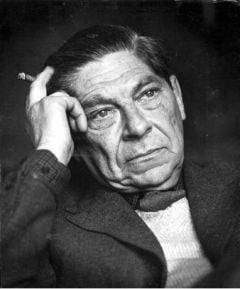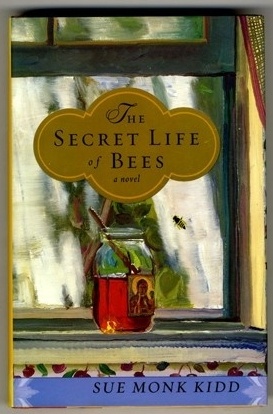Writing has always existed as a means to explore the realities of the world, to illuminate both the good and the bad. As long as people have been writing, they have been writing about the world around them, and in many ways, the relationship between art and politics—writing and politics, to be specific—is inexorable. Aristotle wrote his Politics in the 4th century. Jonathan Swift wrote A Modest Proposal, his satire on the Irish potato famine, in 1729. Anna Laetitia Barbauld wrote her critiques of the French Revolution and the Napoleonic Wars not long after. There is a long history of writers using their voices to draw attention to the most important issues of their time. Here are some writers who meld writing with activism and advocacy to great and enduring effect.
us toll free: 1-800-948-5563 international: +1 (843) 849-0283 UK: +44 (0) 1334 260018




